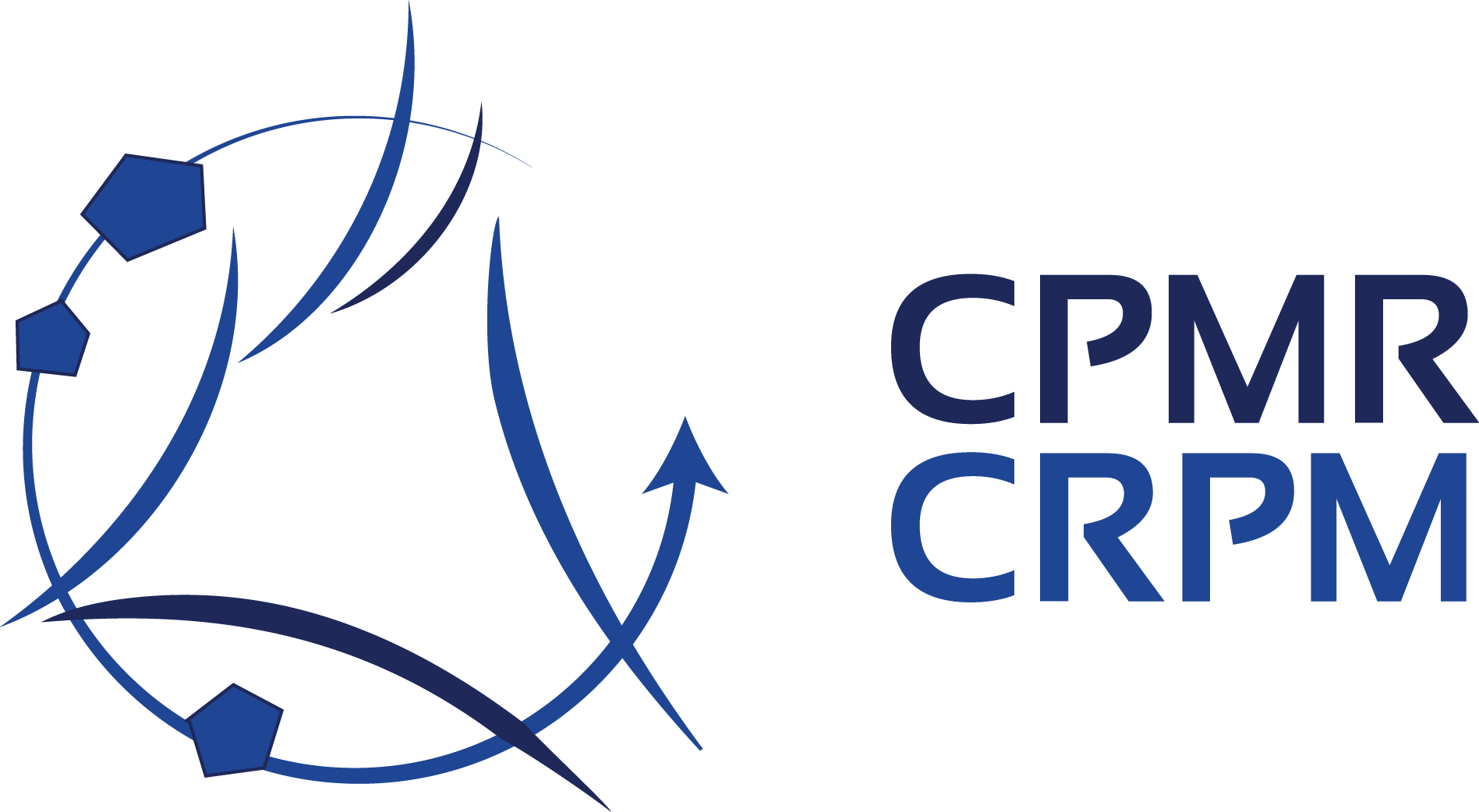Science & innovation for a healthy ocean
 Being a mass-product for only about 60 years plastic has changed the world. As a light and durable material, it plays an important role in our daily lives in food packaging, electronics, furniture or insulation of buildings. However, every year only in Europe there are 25.8 million tonnes of plastic waste generated but only 30 per cent of it is recycled. Instead 150.000 to 500.000 tonnes of it enter the oceans only in the EU. Worldwide, about 8 million tons of plastic get into the ocean, equivalent to 35 shipping containers filled with plastic being dumped every hour.
Being a mass-product for only about 60 years plastic has changed the world. As a light and durable material, it plays an important role in our daily lives in food packaging, electronics, furniture or insulation of buildings. However, every year only in Europe there are 25.8 million tonnes of plastic waste generated but only 30 per cent of it is recycled. Instead 150.000 to 500.000 tonnes of it enter the oceans only in the EU. Worldwide, about 8 million tons of plastic get into the ocean, equivalent to 35 shipping containers filled with plastic being dumped every hour.
The consequences are dramatic. Already today, researchers found 38 million pieces of plastic waste on an uninhabited island in the South Pacific and marine litter in 100 per cent of marine turtles species, 59 per cent of whale species and 40 per cent of seabird species. No matter if plastic beverage bottle, food packaging or plastic bags, the items we can find today at our beaches will remain for hundreds of years in the ocean. Plastic does not decompose, over time it breaks down into little pieces so called micorplastic. This has major consequences and only recently researches started to study the impact of microplastics and found already traces in fish or sea salt. As approximately 80 per cent of marine litter is land-based, these mircoparticles originate not only from plastic bottles and bags but also from clothes, car tyres and paint.
Therefore, Prof Mariana Mazzucato suggests in the EC report ‘Mission-Oriented Research & Innovation in the European Union’ to reduce within five to ten years the plastic entering the marine environment by 90% and collecting more than half of the plastic currently present in our oceans, seas and coastal areas; an enormous task considering the surface of 350 million km2 and a volume of 1300 million km3 of our oceans and seas.
The European Parliament Intergroup Seas, Rivers, Islands and Coastal Areas (SEArica) supports an ambitious European agenda to tackle the challenge of plastic pollution and has taken the initiative to host the exhibition Ocean Plastics Lab (http://oceanplasticslab.net/), a joint initiative of the German Federal Ministry of Education and Research, the German Marine Research Consortium and the European Commission, DG Research and Innovation, on the Esplanade Solidarność from 9-19 April to raise further awareness of the problem but also possible solutions.
In the context of this exhibition this conference will discuss the important role of science and innovation to achieve a healthy and a plastic free ocean. With programmes such as Horizon 2020 the EU has the unique chance to take up the challenges of our time in a cross-sectoral and cross-border manner based on the knowledge and creativity of its excellent researchers and innovators.
Event Properties
| Event Date | 10-04-2018 9:00 |
| Event End Date | 10-04-2018 12:00 |
| Registration Start Date | 01-03-2018 |
| Deadline to register | 10-04-2018 |
| Location | European Parliament Brussels |
| Categories | Conférence 2015-2019 |
| Attachment | 180410 Agenda.pdf |
What is an Intergroup?
The Seas, Rivers, Islands and Coastal Areas Intergroup is one of the 28 Intergroups that were approved in December 2024 by the Conference of Presidents for the 10th legislature of the European Parliament. Intergroups can be formed by MEPs from any political group and any parliamentary committee with a view to holding informal exchanges of views on particular issues and promoting contact between MEPs and civil society.










